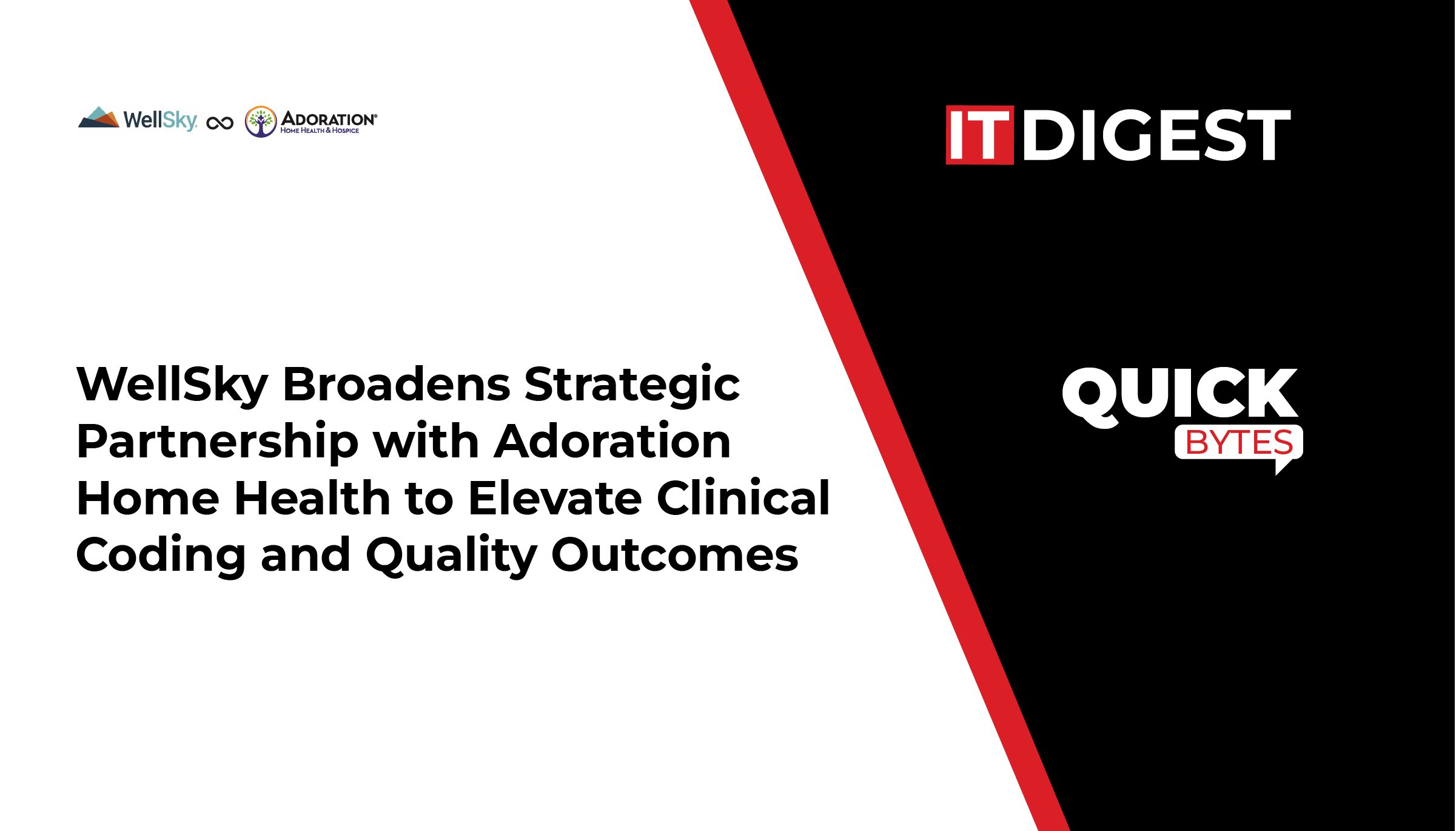Joint Development Underway: World-Class Precision Medical AI Platform with Vanderbilt University Medical Center
LG AI Research announced on July 9 the official launch of ‘EXAONE Path 2.0’, its next-generation precision medical AI model.
Following the introduction of its 1.0 model in August of last year, LG AI Research showcased its 1.5 model last month at ASCO 2025, the world’s largest oncology conference, held in Chicago, Illinois.
‘EXAONE Path 2.0’ represents a substantial advancement from the initial version, incorporating high-quality, real-world data. It offers accurate characterization and prediction of gene mutations and expression profiles, as well as minute morphological and structural features of human cells and tissues, all derived directly from pathology slide images. These capabilities make it an essential tool for early detection, prognosis, oncology drug development, and personalized treatment selection.
‘EXAONE Path 2.0’ was trained using multi-omics data, including both DNA and RNA, enabling it to interpret pathology images and underlying biological processes while integrating genetic insights vital to disease research and therapeutic development.
Pathology images refer to high-resolution Whole Slide Images (WSIs) generated during the diagnostic test of patient tissue specimens.
Whole Slide Images (WSIs) are large, multi-gigabyte digital files that capture detailed information on cell and tissue architecture. To facilitate analysis, these comprehensive images are typically divided into thousands of smaller sub-images or “patches.”
When AI models analyze only patch-level data, they are susceptible to a “feature collapse” effect, in which excessive attention to localized features leads to reduced prediction accuracy due to a lack of holistic context.
Also Read: Sartorius & Sensible Partner to Scale Cell-Based mRNA Platform
LG AI Research has implemented an innovative approach in ‘EXAONE Path 2.0’, enabling learning from individual patches through to the full Whole Slide Image. This enhancement has increased the model’s gene mutation prediction accuracy to a best-in-class 78.4%, establishing a new State-of-the-Art (SOTA) benchmark.
‘EXAONE Path 2.0’ was developed using over 10,000 matched datasets comprising Whole Slide Images and multi-omics data. This robust training enables it to predict gene expression patterns solely from image analysis, eliminating the need for expensive molecular testing.
Yong-min Park, Head of AI Business Team at LG AI Research, stated, “EXAONE Path 2.0 enables us to reduce molecular testing time from over two weeks to under a minute—helping clinicians capture critical therapeutic windows for cancer patients. By leveraging EXAONE Path 2.0, physicians and pharmaceutical partners can rapidly analyze tissue pathology slides, identify driver mutations, and select appropriate targeted therapies.”
LG AI Research also introduced additional models trained for specific tumor types, including lung and colorectal cancers.
These disease-specific models may support more efficient triaging and early detection of patients eligible for targeted therapeutic interventions.
LG AI Research expects ‘EXAONE Path 2.0’ to play a significant role in clinical trial optimization by enabling real-time monitoring of patient responses and facilitating biomarker discovery for disease prediction.
- LG AI Research and Professor Tae-hyun Hwang’s research team are collaborating on the development of a world–leading multi-modal medical AI platform.
LG AI Research has taken a major step forward in applying AI to cancer care.
In collaboration with Professor Tae-hyun Hwang of Vanderbilt University Medical Center—a premier U.S. academic medical institution in biomedical research—LG AI Research is co-developing a cutting-edge multi-modal medical AI platform.
Moving away from the conventional model of building technologies prior to clinical validation, the team has adopted a problem-first approach—developing AI solutions in tandem with real-world clinical needs.
Together, LG AI Research and Professor Hwang’s lab aim to build a platform that supports personalized precision medicine, utilizing real tissue samples, pathology images, and clinical outcome data from cancer patients enrolled in trials.
Their joint research will focus on:
- Identifying the underlying mechanisms of disease
- Early detection and diagnosis
- Biomarker and therapeutic target discovery
- Developing individualized treatment strategies based on genomic data
- Predicting therapeutic efficacy
Professor Tae-hyun Hwang noted, ” Our mission goes beyond developing AI models—we are building a platform that actively supports clinicians in the care and treatment of patients. This platform will serve not just as a diagnostic assistant but as a transformative engine for oncology drug development.”
Professor Hwang is a renowned Korean-American expert leading the Cancer Moonshot’s gastric cancer initiative, a U.S. federal program dedicated to accelerating cancer breakthroughs. He also founded the Molecular AI Initiative at Vanderbilt, focused on advancing AI-integrated molecular medicine.
“We’re now focused on identifying not just what treatments work but when and how to apply them,” said Seth Karp, Chair of the Section of Surgical Sciences at Vanderbilt University Medical Center. “The collaboration between LG AI Research and Professor Hwang’s team marks a critical inflection point. The most meaningful aspect of this partnership is its real-world impact—we are creating a platform that will directly support patient care and improve outcomes.”
Beginning with oncology, the LG AI Research–Vanderbilt collaboration plans to expand into other domains including transplant immunology, autoimmune diseases, and metabolic disorders such as diabetes.
LG AI Research will formally introduce ‘EXAONE Path 2.0’ during the upcoming LG AI Talk Concert 2025 on July 22.
Separately, LG AI Research remains committed to addressing high-burden diseases. It is collaborating with The Jackson Laboratory (JAX) to identify Alzheimer’s disease risk factors and advance drug discovery, and is also working with Professor Min-kyung Baek of Seoul National University on AI models for next-generation protein structure prediction. Furthermore, LG AI Research is actively engaged in global partnerships with pharmaceutical and biotech firms to drive innovation in AI-based drug development.
Source: PRNewswire

































